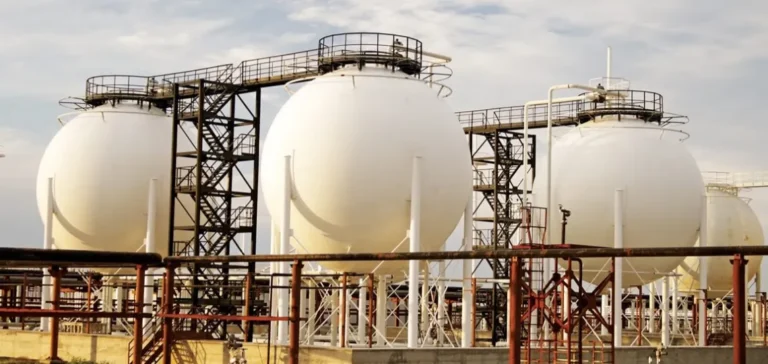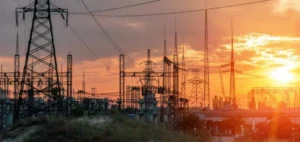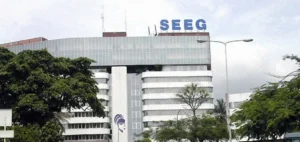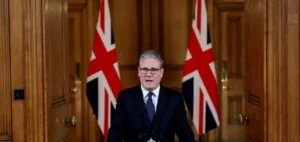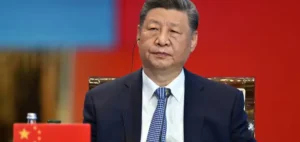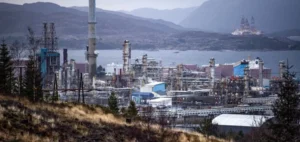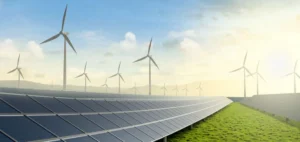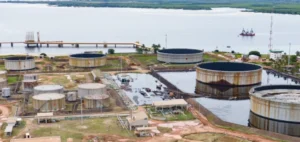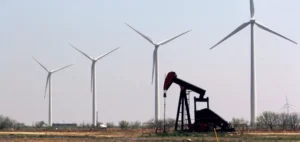Tanzania is taking a new step in its energy policy by placing compressed natural gas (CNG) at the centre of its strategy to reduce dependence on oil imports. The authorities plan to hold a national consultation bringing together investors, banks and regulators to remove financial barriers slowing down the construction of CNG infrastructure.
A state-backed plan
Deputy Minister of Energy James Mataragio said the government wants to reassure financial stakeholders about the viability of the sector. According to him, development costs can remain manageable provided that financing mechanisms are properly structured. This initiative is part of a public investment approach aimed at stimulating private sector involvement.
Pilot projects already underway
Some local and international companies have already committed to projects. BQ Construction is preparing a station capable of serving 180 vehicles per day, while Puma Energy plans to have four stations operational within three months. These projects are expected to complement state efforts to accelerate the availability of this energy alternative across the country.
An inspiring precedent in Nigeria
The Tanzanian approach draws inspiration from Nigeria, where $700mn of investments were mobilised in 2024 to expand CNG. The federal government set an incentive price of 230 naira ($0.15) compared with more than 900 naira ($0.59) for petrol. This measure encouraged vehicle conversions and enabled the launch of more than 90 stations backed by Shell Nigeria Gas and NNPC Gas Marketing.
A regional and long-term ambition
Beyond lowering fuel costs, Dar es Salaam aims to secure its energy future through the upcoming development of offshore gas reserves. The government intends to use this resource to limit exposure to volatile oil prices and position itself as a regional supplier. A study by Dairy Hills indicates that CNG use could reduce energy costs by 58%, while also requiring continued public mobilisation to adapt infrastructure and train specialised professionals.


